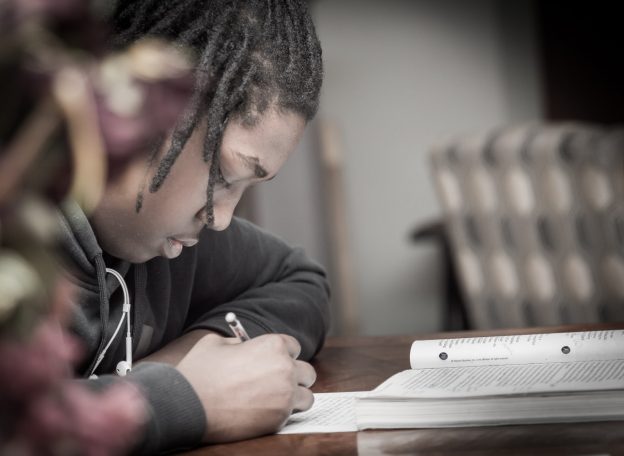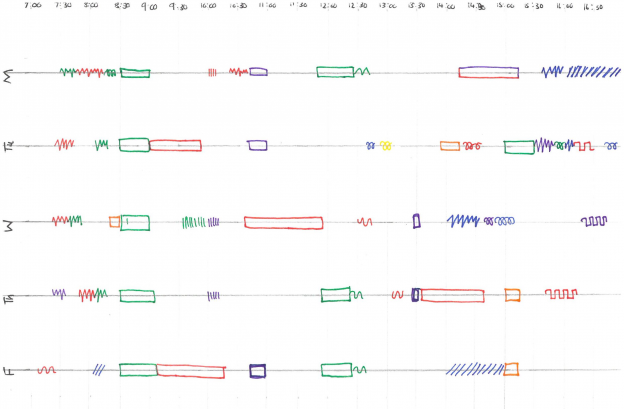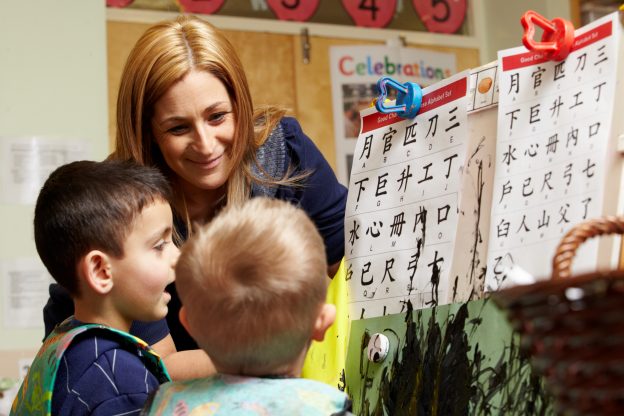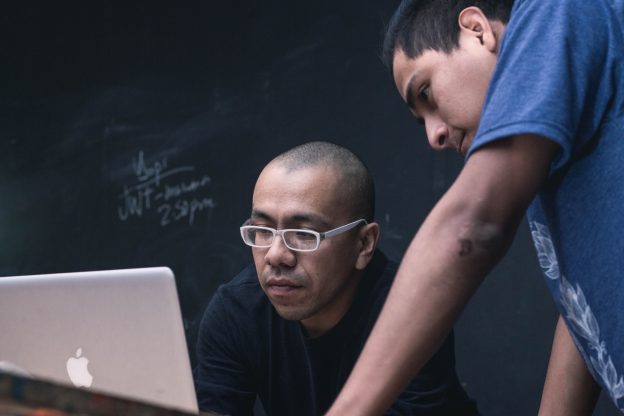Author: Branwyn Harris
-

P is for Preconditioning
How to support your HE students to ‘unlearn’ “All they ever want to know is how to do the assessment task!” “They’re not interested in my feedback, only in their grade.” “They never volunteer answers in class, and I’m not even supposed to ask them direct questions!” “It would be great if they could even […]
-

Midsummer Right Scheming
Midsummer 2021, and once again a Government report is expressing concern for working-class pupils – but seemingly only the White onesi. The statistical ‘data driven’ evidence in the report suggest objectivity and ‘fact’ but the obvious cherry-picking of evidence, seeming lack of concern about statistical accuracy and subjective bias in the discussion bely such naïve […]
-
Fixing the educational divide: speaking out for a more effective curriculum
This Spring a parliamentary report, ‘’Speak for Change,” made a compelling case for why the ability to articulate ideas confidently, to influence others and to collaborate with peers matters. It also offered practical strategies schools could use to encourage these skills among pupils.
-

UK Child Well-being in the Pandemic
It is no surprise to hear the recent news that the child well-being in the UK is of concern: nearly a year on from the first lock-down children have found themselves in a new world. Since the day in March 2020 when the Prime Minister announced all of us – including school pupils – must […]
-
Building A Culture of Mentoring: How We Are Doing It
“I feel that this year more than ever, the mentor has a crucial role in supporting the students through their placements. Schools are just not the same as ‘usual’ and I feel it is the role of the mentor to support the students even more during these strange times.” Hallam Mentor Recently we have been […]
-
The research gap- why does some evidence gain influence in education while some disappears?
There are some ideas that seem to catch alight as they move around the education profession and the wider public. One of these is ‘the word gap’.
-

‘Doing data differently’- now open for visitors!
One thing that we’ve learned from the current pandemic – if we didn’t already know it – is that data can be powerful. And of course, it’s not just data but visualisations of data that make a difference. Just a fortnight ago heat maps of COVID-19 infection in different regions and graphs showing projected numbers […]
-

Is there a role for universities in developing Early Years services? A reflection after two years of South Yorkshire Futures
Sally Pearse, Strategic Lead for Early Years for South Yorkshire Futures at Sheffield Hallam University. My background in the early years has been driven by my belief that high-quality early years provision and services are a vehicle for social justice and transforming children’s outcomes. However, since moving full-time into Higher Education lecturing at Sheffield Hallam […]
-

Supporting the region’s STEM teachers: Professional learning built on collaboration, enquiry, innovation and trust
The Wipro Teacher Fellow and Teacher Mentor Programme is an evidence-based, individualised programme of professional learning designed to improve primary and secondary teachers’ confidence, motivation and capability in one or more of the STEM subjects.